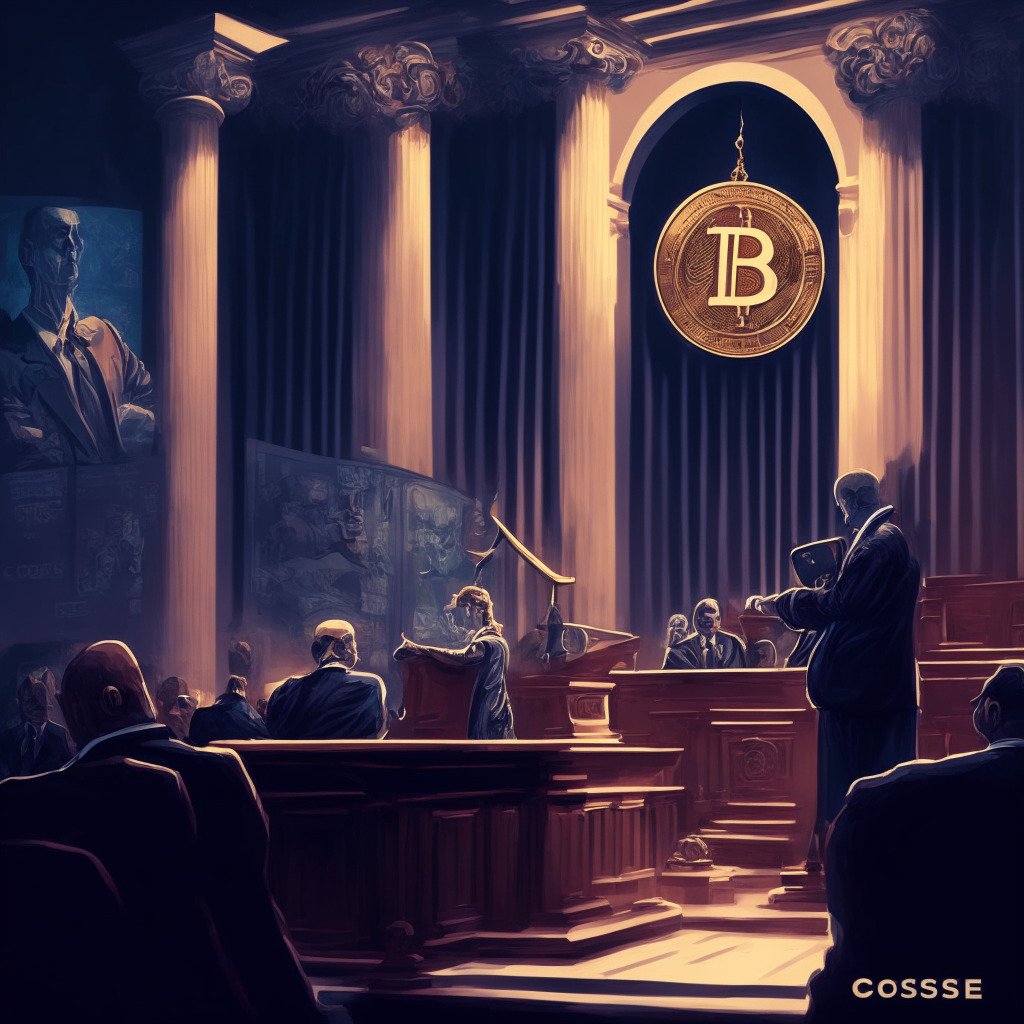In an interesting turn of events, a U.S Republican Congressman, namely George Santos, has been implicated in an alleged crypto-related investment deal during his 2020 election campaign, as reported by the New York Times. Santos, presently serving New York’s 3rd congressional district, is said to have pitched the deal to an unwavering Republican donor.
Santos, in collaboration with three other associates, presented a scenario where money from a wealthy Polish investor, keen on crypto investment, had been frozen by his bank. For assistance, Santos requested the donor to form a Limited Liability Company (LLC); purportedly, as a means to release the blocked money.
The donor was less than convinced. Drawing an analogy to a “Nigerian Prince” email scam, he found the plan to be nonsensical. Consequently, he didn’t move forward with the deal after requesting modifications in a non-disclosure agreement (NDA) that he was asked to sign.
This instance is a part of Santos’ extensive and controversial past exploits, which have garnered him a fair degree of infamy within the Congress. Previous manipulations and misrepresentations have been reported, including fabrications about his biography, specifically his education, family background, and financial status.
Adding to his already tarnished image, Santos stands charged on 13 felony accounts. The gamut of accusations stretches from misrepresentation of income, fraudulently claiming unemployment benefits, to misappropriating political donations for personal use. It’s worth noting that he has repeatedly pleaded not guilty to all the charges.
Despite the murky past and the cloud of allegations, Santos managed to secure a seat in the Congress in 2022, continuing to represent the people of New York’s 3rd congressional district since January 2023.
However, the incident brings to fore the perplexing interplay of politics, influential figures, and the cryptocurrency market. The allure of the vast, untapped, and unregulated crypto market seems irresistible. Yet, it calls for stringent regulations and foolproof checks and balances in order to forestall any future endeavours that manipulate the anonymity and decentralized essence of the sphere for fraudulent transactions and unsolicited exploitation.
Source: Cryptonews




